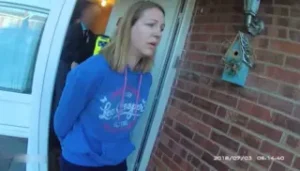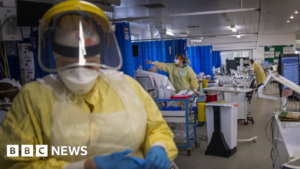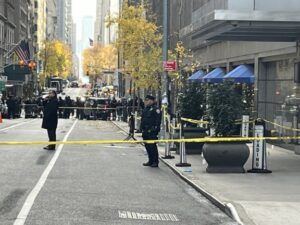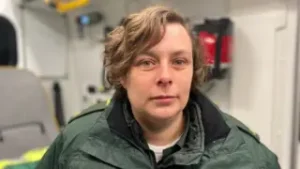‘We’re attacked and abused as we try to save lives’
Almost 45,000 assaults were recorded by ambulance services across England over the last five years.
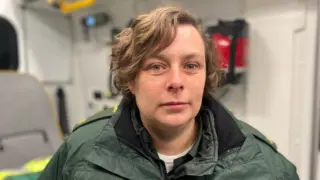
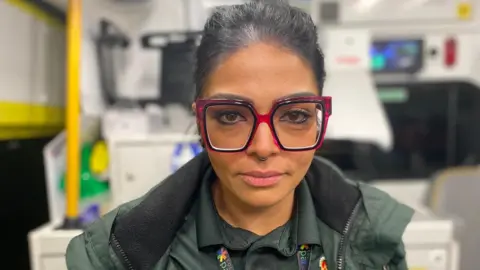 BBC
BBCViolence and abuse against paramedics and emergency call handlers is on the rise, with reported cases up by more than a third since 2019, the BBC has found.
Almost 45,000 assaults were recorded by ambulance services across England over the last five years, with staff saying they had been punched, kicked, threatened with weapons and subjected to racist, homophobic and religious abuse.
Paramedic Nutan Patel-West, 41, said she had been racially abused “multiple times” while on shift and, during one call-out in 2021, narrowly avoided serious injury after a glass ashtray was hurled at her.
The government said there was a “zero-tolerance approach to this type of behaviour” and warned that those who assault emergency workers can face up to two years in prison.
Mrs Patel-West, who has worked for North West Ambulance Service (NWAS) for more than a decade, said: “I’ve been verbally abused, racially abused, punched and had a knife drawn on me.
“On one job a patient said ‘you need to go back to your own country, you’re not welcome here’ before he threw an ashtray at my head. He missed by inches.
“I signed up to this job to help people, not this.”
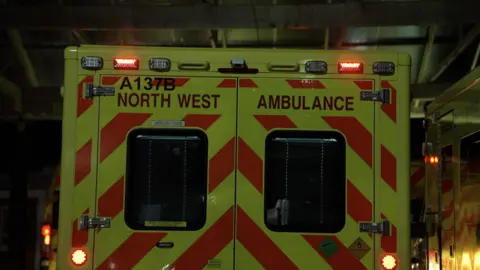
The paramedic said the incidents had impacted her confidence.
“When you go back out after being abused, it heightens your senses and it just puts the fear into you, especially on night shifts when you don’t know what to expect,” she said.
The BBC submitted Freedom of Information Act requests to every ambulance service in England, which showed there were 44,926 physical and verbal assaults recorded on frontline and operations staff between 2019 and 2023.
Across England that equates to 173 attacks each week on average, although staff in Lancashire and Manchester said they believe that abuse was “underreported”.
“I don’t report every incident because if I was to do that I’d never be away from the computer, sometimes there just isn’t enough time in the day,” Mrs Patel-West said.
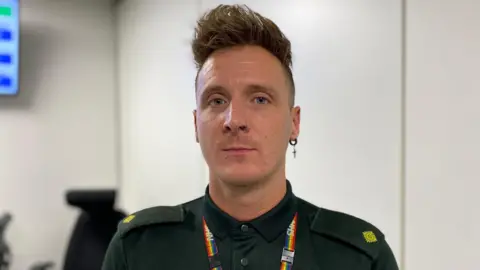
Over the last four-and-a-half years, NWAS logged 1,281 physical assaults, 1,192 incidents of verbal abuse and threats, 711 cases of sexual abuse and 150 cases of racial abuse.
Emergency call handler James Shelley, 33, who works at an NWAS office in Manchester, said he was left “shaking” after he was subjected to an 11-minute tirade of homophobic abuse in a call earlier this year.
“I took a call from a gentleman who’s mother had an itch, he told me to send a taxi and when I reminded him that we were not a taxi service he just started hurling homophobic abuse at me,” Mr Shelley said.
“It doesn’t normally faze me, but it was 8am on a week day. I’d been in an hour and he was so aggressive. I was shaking afterwards.”
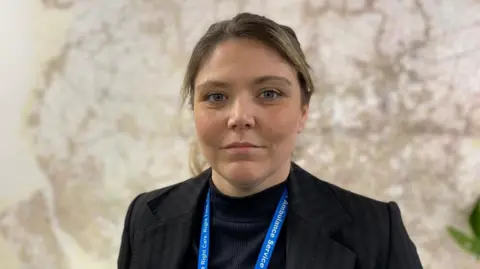
The caller was later identified as Mahinder Singh, 36, from Trafford. At Manchester Magistrates’ Court in July he was handed a £500 fine, 100 hours of unpaid work and a 16 week prison sentence suspended for 18 months.
In his victim impact statement, which was read out in court, Mr Shelley said: “The comments reminded me of slurs and insults I received while I was at school, when I was coming to terms with my sexuality.
“This made me feel personally attacked and I don’t think it’s acceptable in this day and age.”
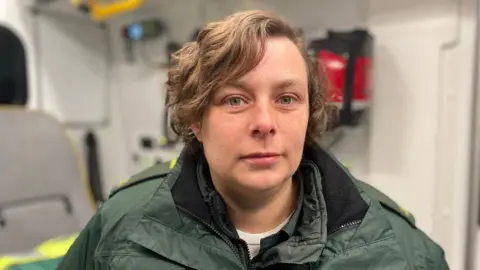
Natalie Samuels, NWAS’s violence prevention and reduction manager, urged the public to stay calm and respectful when dealing with the emergency services.
“I understand it’s an emotional time when people need an ambulance, but our call handlers have to go through a set of questions to make sure we get the right care to people,” she said.
“We just ask for the public to stick with the questions and answer them as calmly as they can.”
NWAS paramedic Lisa Morley, 38, speaking to the BBC in Blackpool, said “no matter how long you’ve done this job for or in what capacity at some point you will have been scared”.
She added: “Although abuse is happening more often, it’s not every patient. We just try and focus on the good jobs and the help you’re giving.”



